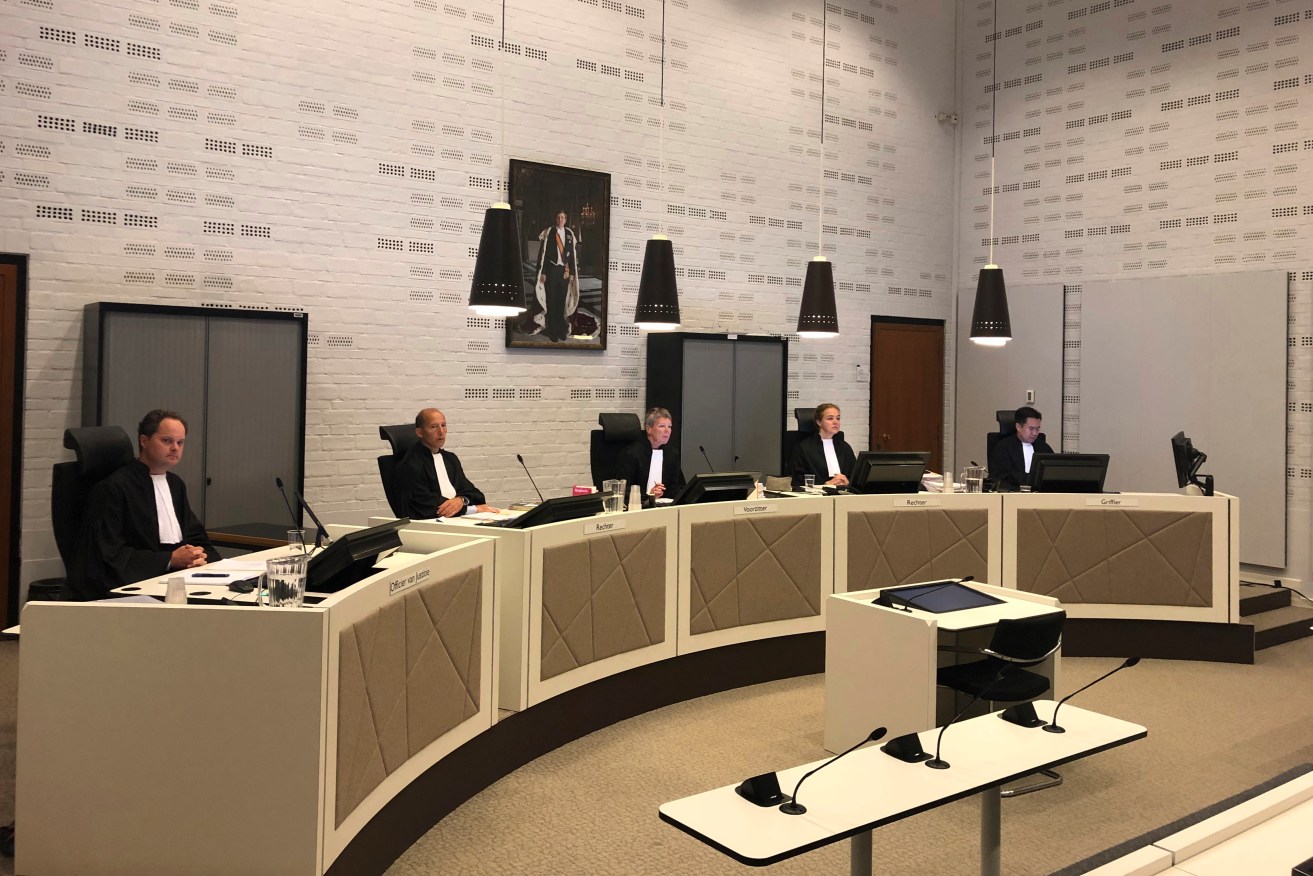Euthanasia trial begins over dementia patient’s wish to die
A landmark euthanasia trial has opened in the Netherlands seeking to pinpoint what to do with dementia patients who have previously stated their wish to die under certain circumstances but later might have second thoughts.

A court will examine whether a doctor who euthanased a patient with dementia did enough to check if she had changed her mind about wanting to die. Photo: AP/Aleks Furtula
The court case centres on a 74-year-old woman who was given fatal doses of drugs three years ago despite some indications she might have changed her mind.
The doctor in the case is accused of making insufficient efforts to find out whether the patient still wanted to die.
She is charged with breaching the euthanasia law and, if the judge rules the request of the patient was insufficient, that charge could in theory become murder.
But the prosecution is not seeking any penal sentence against the doctor and does not question her good faith. Instead, the prosecution centres its case on setting out a better legal framework for the future.
“We think the doctor has not acted carefully enough and thus passed a threshold. But at the same time, we also say that this threshold is not very clear,” said public prosecution spokeswoman Marilyn Fikenscher, underscoring the arguments that the doctor acted with good intentions.
“She does not need to be punished,” Fikenscher said. The daughter of the patient who died also strongly defended the doctor.
It is the first such case since the 2002 legalisation of euthanasia in a nation that has long been a trailblazer in the intentional ending of a life if suffering becomes overwhelming.
The Netherlands’ 2002 euthanasia law decriminalised the practice if it is carried out by a physician who adheres to strict conditions.
Officials began probing the case last September, when they found the doctor had added a tranquiliser to the patient’s coffee and then had family members hold her down while delivering the fatal injection of drugs.
During Monday’s opening session, the doctor, now retired, said she was fulfilling the patient’s written euthanasia request from 2012. By the time she died, the woman suffered from “deep dementia”, the doctor said, a condition in which brain functions such as analytical thought, abstract reasoning and planning are quickly ravaged.
The doctor testified that because the patient was not mentally competent, nothing the woman said around the time of her death was enough to invalidate the written statement. She said the patient could no longer fathom the meaning of such concepts as euthanasia and dementia.
But Dutch prosecutors argued that the patient’s written request was unclear and contradictory. In 2012, upon learning of the onset of her Alzheimer’s disease, she filed a euthanasia declaration that said she “certainly did not want to be placed in an institution for demented elderly”.
“I want a humane farewell for my loved ones,” the patient wrote. She later added to the declaration that she wanted euthanasia to take place “when I, myself, consider the time ripe”.
Steven Pleiter, member of the Board of the Levenseinde Kliniek end-of-life hospital, said the case should not give the impression that the Netherlands takes such life-and-death issues too lightly.
“This is the first case that (has happened) in about 50,000 cases of euthanasia, and so there is a very careful practice in the Netherlands,” Pleiter said.
-AAP
Want to comment?
Send us an email, making it clear which story you’re commenting on and including your full name (required for publication) and phone number (only for verification purposes). Please put “Reader views” in the subject.
We’ll publish the best comments in a regular “Reader Views” post. Your comments can be brief, or we can accept up to 350 words, or thereabouts.
InDaily has changed the way we receive comments. Go here for an explanation.




